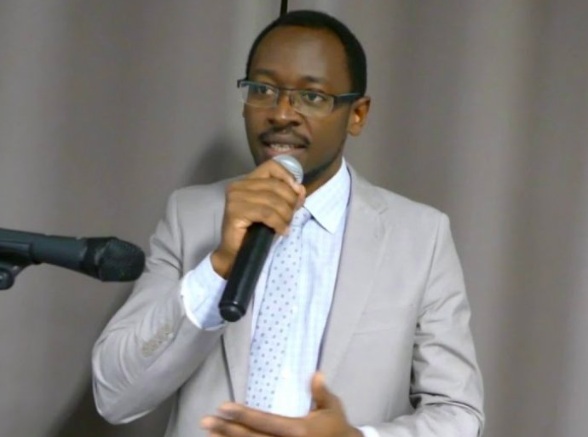In a letter dated March 6, 2024, from Brussels, Placide Kayumba, the President of the opposition party Forces Démocratiques Unifiées (FDU-Inkingi), addressed Moussa Faki Mahamat, the President of the African Union Commission in Addis Ababa, in response to a previous communication sent on March 3, 2024, by Vincent Biruta, the Rwandan Minister of Foreign Affairs. This exchange highlights the ongoing tension and complexity of the situation in the Great Lakes Region, particularly regarding the Democratic Republic of Congo (DRC) and Rwanda’s roles in the area.
FDU-Inkingi’s letter critiques the Rwandan government’s stance and actions, accusing it of being overtly supportive of the M23 rebel group, which is alleged to have Rwandan Defense Forces backing. The opposition party questions Rwanda’s opposition to efforts aimed at stabilizing the Eastern DRC, suggesting that such a stance implicitly admits Rwanda’s involvement in the region’s insecurity.
Kayumba’s letter references the longstanding insecurity in Eastern DRC, exacerbated by the Rwandan Patriotic Front’s (RPF) rise to power in July 1994 and the subsequent refugee crisis and violence that ensued. The communication mentions the cycle of violence that has led to the loss of over ten million lives, making it one of the deadliest conflicts since World War II. The involvement of various armed groups, including the AFDL, CNDP, RCD, and M23, many of which have ties to Rwandan military officers, is highlighted as a core issue perpetuating the region’s instability.
The letter also addresses the issue of the Democratic Forces for the Liberation of Rwanda (FDLR) and Rwanda’s strategic use of the group to justify its military actions in the DRC. It challenges the narrative surrounding the FDLR, pointing out that many current members were too young to have participated in the 1994 genocide, thereby questioning the justification for continued military actions against them.
Furthermore, FDU-Inkingi criticizes the Rwandan government’s narrative concerning the Tutsi ethnic group in the region and warns of the dangerous implications of Rwanda’s geopolitical stance on intervention. The letter also denounces the hypocrisy of the Rwandan government’s appeal to the Nairobi and Luanda accords, pointing out that the M23’s actions and Rwanda’s support for the group contravene the spirit of these agreements.
The letter concludes with a call for peace and respect for international conventions regarding the inviolability of borders. It advocates for the democratization of Rwanda as a solution to the region’s instability and supports the efforts of the Southern African Development Community (SADC) and other regional mediation efforts to bring about peace in the DRC.































































